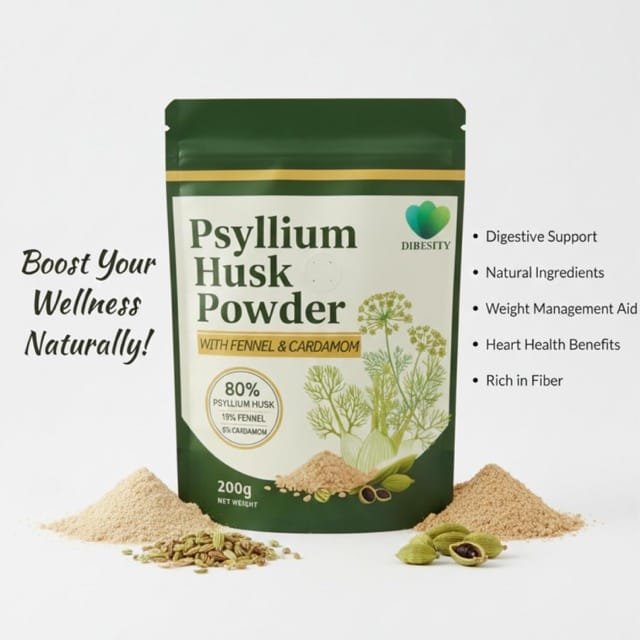Crestor is the brand name of Rosuvastatin, a synthetic lipid-lowering drug. It is considered the most effective drug that lowers bad cholesterol (LDL-C), however, its effects on belly fat and body weight are not fully known.
Obesity is one of the components of metabolic syndrome. In fact, reducing weight is associated with a significant reduction in the incidence of diabetes, hypertension, dyslipidemia, and heart diseases.
Statins and Belly Fat:
The effect of statins on body weight is not very clear. It is generally assumed that people who are put on a statin are also advised to consume fewer calories and fats.
Data from a US study evaluated the trends of caloric intake and statin use. It was found that from 2005 onwards, the difference in fat and caloric intake was minimal in statin users and statin nonusers.
It was also found that weight gain was greater in people who were on statins. Furthermore, the weight gain was disproportionate to the extra calories consumed per day.
Thus, in conclusion, statin use was associated with weight gain and more belly fat [Ref].
Crestor and Belly Fat:
Crestor (Rosuvastatin) is a high-potency statin that removes the bad cholesterol from our blood. It acts by inhibiting the process of cholesterol synthesis in the liver by inhibiting the enzyme HMG-CoA reductase.
When the LDL cholesterol, the bad cholesterol, levels drop inside the liver cells, the cells make more receptors that catch LDL from the blood and bring it inside the liver cells.
When more receptors are present, more LDL-C is internalized from the circulation. Hence, less cholesterol (LDL-C) is available to be deposited in the blood vessels.
Thereby reducing the risk of atherosclerotic coronary artery diseases.
Low blood cholesterol is not synonymous with less belly fat!
Crestor removes the bad cholesterol from the blood, however, it has no effect on the fat that has been deposited outside the blood vessels.
Statins are not fat-burning drugs. They do not make you lose weight. On the other hand, weight loss pills may make you lose weight but they do not lower your cholesterol levels in the blood.
How does Crestor affect your Belly Fat?
There are two types of fats in our body: Subcutaneous fats and Visceral Fats.
Subcutaneous fat is mostly present in the following areas of our body:
- Belly
- Hips and Thighs
- Arms
- Breast
- Face
Visceral fat is also called internal fat that surrounds our organs. Most people with large bellies have large amounts of visceral fats, too, however, thin and lean people can also have large amounts of visceral fats.
The greater the visceral fat is, the greater the likelihood of a person developing cardiovascular diseases.
One study evaluated the effects of Crestor on subcutaneous and liver fats in rats. It was found that Crestor significantly increased subcutaneous adipose tissue and worsened insulin resistance [Ref].
Another study evaluated the effects of Crestor on weight gain, lipid profile, and insulin resistance in a mouse model.
Mice were given a high-fat meal for 8 weeks. One group was given Rosuvastatin 20 mg/kg for 8 weeks while a placebo medicine was given to the other group.
It was noted that mice treated with Crestor had a significant reduction in body weight, and an improvement in lipid profile and atherogenic index.
Rosuvastatin-induced satiety and its effect on the hypothalamus were thought to cause weight loss.
Crestor also reduced the harmful effects of fatty acids and leptin resistance.
Unlike other statins, Crestor, when administered in high doses, was associated with an improvement in insulin resistance and pancreatic Beta-cell function [Ref].
In conclusion:
Statins, and especially high-potency statins like Crestor (Rosuvastatin), are used to lower your blood cholesterol levels.
Most people who are put on a statin are also advised to consume fewer calories and exercise regularly, which might influence the change in their body weight and belly fat.
However, statins, including Crestor, have not been clearly associated with changes in body weight and belly fat.
- 97% Pure Berberine Powder – High-purity, plant-derived extract with a rich yellow color. Carefully processed and lab-tes…
- Naturally Bitter Taste – Berberine has a strong, naturally bitter flavor. Best enjoyed when mixed with smoothies, tea, c…
- 100g in Resealable Foil Pouch – Packaged in a premium aluminum pouch to protect from moisture and light, keeping the pow…

- 5 Delicious Flavors: Freeze-Dried Mango, Freeze-Dried Blueberry, Freeze-Dried Orange, Freeze-Dried Dragon Fruit & Freeze…
- Pure and Natural Ingredients: Our fruit powders are made without synthetic pesticides, GMOs, or harmful chemicals. Each …
- Health Benefits: Our carefully selected fruits are packed with antioxidants, vitamins, fiber, and digestive enzymes to s…

- 🌿 4 Tangy Citrus Flavors in One Pack: Enjoy a delicious variety of Orange, Lime, Lemon, and Kiwi powder – 5 sachets of e…
- 💧Easy to Mix & Refreshing: Just add to water, smoothies, sparkling drinks, or tea for a vibrant citrus kick. Dissolves i…
- 🛡️Rich in Vitamin C & Antioxidants: Made from real fruit powders, this mix offers a natural source of vitamin C to suppo…

- VARIETY PACK – Includes 5 delicious organic berry powder flavors: Freeze-Dried Goji Berry, Freeze-Dried Strawberry, Free…
- PURE INGREDIENTS – Made with 100% natural, freeze-dried berries and absolutely no added sugar, artificial ingredients, o…
- CONVENIENT PACKAGING – Contains 20 pre-portioned 5g packets (100g total), eliminating the need for measuring and ensurin…










